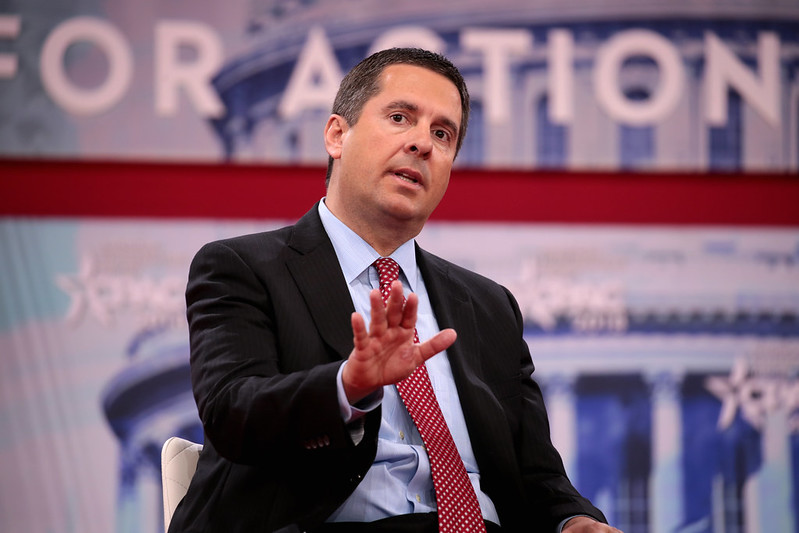
Republicans on the House Ways and Means Committee led by Republican Leader Kevin Brady (R-Texas) and Health Subcommittee Ranking Member Devin Nunes (R-Calif.) have released a discussion draft of their plan to strengthen and expand recent telehealth waivers.
In the days following the outbreak of COVID-19, the Trump Administration took steps to expand healthcare access for Medicare beneficiaries by issuing temporary waivers expanding telehealth options. This meant that seniors did not need to come in contact with health care providers to receive the quality of care they expect.
Prior to the implementation of these waivers, Medicare beneficiaries and providers had to meet a strict set of requirements before they could use telehealth. Once these waivers expire Medicare patients and providers will again be required to meet narrow standards to continue telehealth care.
This would be a blow to the millions of Americans now using telehealth. During the first three months of the pandemic, 9 million Medicare beneficiaries utilized telehealth. This was a dramatic increase from pre-COVID telehealth use where an average week would see 13,000 beneficiaries using telehealth. This jump in participation signals that telehealth is not only a viable option in times of crisis, but also a legitimate alternative for Medicare beneficiaries who want more healthcare choice.
The Ways and Means Republican proposal would make key waivers permanent:
- Remove geographical and originating site requirements – Medicare patients would be able to receive telehealth care from their own home rather than having to travel to a health care facility.
- Remove restrictions on Federally Qualified Health Centers (FQHCs) and Rural Health Clinics (RHCs) to offer telehealth options – Medicare patients in rural and underserved areas can receive care locally without having to travel to qualifying facilities.
- Protect the expansion of clinical practitioners allowed to utilize telehealth for their patients – Medicare patients would continue to benefit from a wider range of qualifying providers. The Secretary of Health would have the discretion to expand qualifying practitioners when needed.
- Allow telehealth through audio means when visual is not available – Medicare patients could receive care over audio phone calls instead of being limited to video conferencing.
- Allow HSAs to cover telehealth – Americans with HSA plans would be able to continue qualifying for telehealth and can use their plan to cover costs.
- Allow virtual authorization of dialysis – Medicare patients on dialysis can opt to receive care via telehealth once an initial in-person training visit from a healthcare professional is completed.
In support of the proposed measures, Health Subcommittee Ranking Member Devin Nunes (R-Calif.) stated, “Given the success of increased access to telehealth for Americans during the pandemic, Congress should prioritize making increased access to telehealth a permanent function of our nation’s healthcare system.”
The easing of telehealth regulations is yet another example of President Trump’s commitment to roll back and waive burdensome regulations to help Americans through the Coronavirus pandemic. These waivers have given Medicare beneficiaries across the country access to more convenient care and a range of new options. While telehealth has been a necessity during the pandemic, the reforms proposed by Ways and Means Republicans wisely build on this success so that the progress we have made will carry through long after the pandemic.

